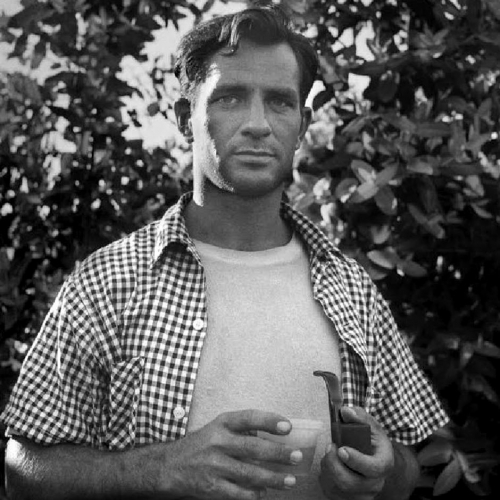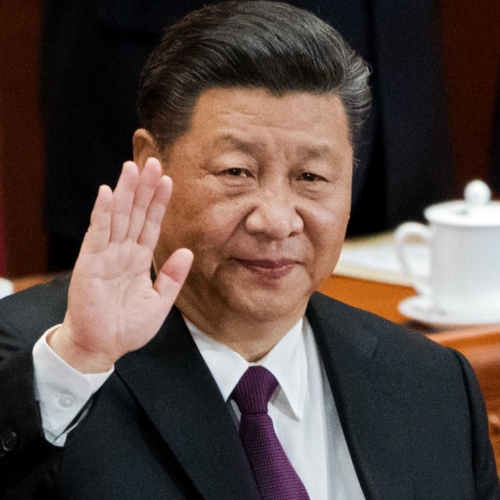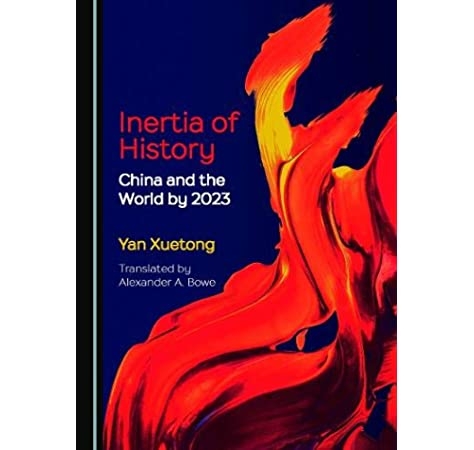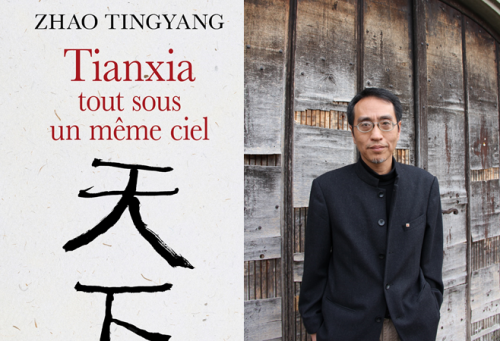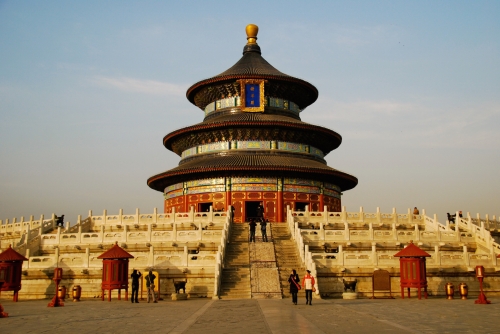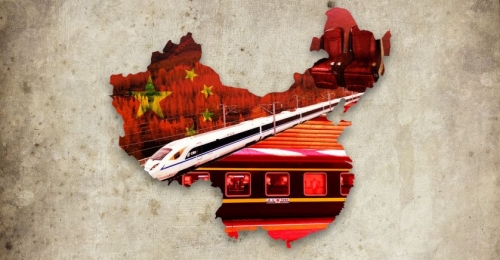The sinner is at the very heart of Christianity. Nobody is so competent as the sinner in matters of Christianity. Nobody, except the saint. ~ Charles Péguy
Love, Work, and Suffer ~ Motto of the Kerouac family (Rivista Araldica)
Am actually not “beat” but strange solitary crazy Catholic mystic ~ Jack Kerouak, Lonesome Traveler
Since I was under the impression that Jack Kerouac was lost in the memory hole, I was recently surprised by the publication of Jack Kerouac and the Decline of the West, an essay by Semmelweis, published by Rhodes Scholar Press.
Since “Semmelweis” claims to be a GenX latchkey kid, the lifestyle described by Kerouac is hardly a living option for him. For my generation (I have GenX sons), Kerouac, when was even acknowledged, was either a passing “stage” one passed through, a proto-hippy, or lumped in, rather inaccurately, with the “beats”. Semmelweis, unburdened by such preconceptions, is able to separate the “real” Kerouac from the stereotypes of the beatnik … not that that task is so easy to do, since Kerouac was rather complex and his behavior did not always match his innermost thoughts. What Semmelweis is able to see is much deeper than what those of Kerouac’s generation were able to see.
One Man and Three Respectable People
Favorite complaint about contemporary world: the facetiousness of “respectable” people ~ Lonesome Traveler
Semmelweis comments on Kerouac’s appearance on Firing Line in 1968, which is worth watching.
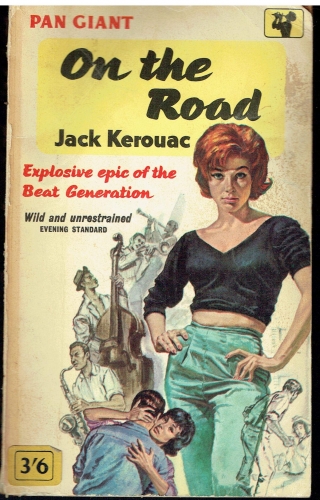
Of the four men on stage, Kerouac was the only one who was able to connect with the audience. Allegedly intoxicated, he brought the audience to laughter several times, while the three “respectable men” droned on. They are what the French call a “type”; that is, they are devoid of individual personality. These are the other three on the show:
- William F. Buckley: At that time, he was the Maxwell’s Demon of conservatism, deciding who was in and who was out. After 50 years, his brand of conservatism has conserved nothing.
- Lewis Yablonsky: Professor Yablonsky, I should add. He was the “expert” on hippies, although he contributed nothing. There was no creed for hippies nor membership cards, so he contributed nothing.
- Ed Sanders: He was the “hippie” type, and the contrast with Kerouac could not have been clearer. He recited the platitudes of love and peace, etc., like a cardboard cutout. You can see them in the baseball games this week. Put the cutout on a new show in 2020 and you would not even know the difference. The same speech repeated ad nauseum, and everyone thinks it is new.
In high school, I had the Fugs album. When my mother heard it, she took it off the record player and returned it to the record store for an exchange. I guess she could see further than I could.
Personal Encounter
A generation ahead of me, Kerouac grew up in Lowell, Massachusetts, not very far from my home town. As a rather bookish youth, I tended to act out roles from the books I read. Not quite willing and able to takes things as far as Kerouac did, I did find opportunities. So in some ways, I understand his mindset from the inside, not just descriptively. Fortunately for me, I don’t have an addictive type personality and was left unscarred. Unfortunately, that encounter has left me with an attraction to troubled women, like the sad but beautiful Tristessa.
My boomer friends, feeling the cold breath of impending death on their necks, have grown nostalgic, as though memories of old times will be as restorative as blood plasma transfusions from youths. So they send me links to albums by an 80 year old Dion, or old tracks from the wrinkled Rolling Stones. I’d be much more impressed if Dion became an anchorite or Jagger went full sannyasi.
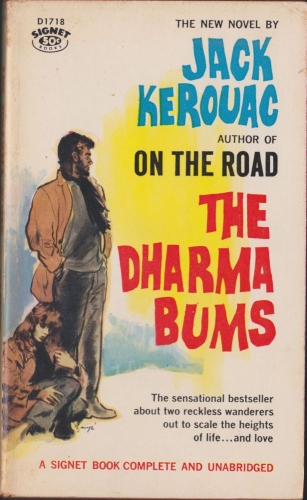
Few of them have had a new idea since they were 19, despite professional successes. In their best moments, they sound like a second rate Ed Sanders. They can’t figure me out, but I have just followed the logic.
There is a story, perhaps apocryphal, that some hippies tracked him down in St. Petersburg and went to visit to pay homage. He threw them out while claiming to be Catholic and conservative. The hippies didn’t get the point, although some of us did.
Man as adventurer
Kerouac never lost his longing for a loving family, for a wife and children, and for the simpler, wholesome life of small town America. But he was always thwarted by his longing for adventure, passion, excitement, and lust. ~ Semmelweis
If you watch some youtube videos today, you may come to the conclusion that to be religious, it is only necessary to wear a scapula, pray so many rosaries, etc. This is not a criticism of those men or their practices, especially since in this day and age those are acts of defiance. Yet through Christian history, there has always been the desire for more. There have been explorers, knights, traders, warriors, pilgrims, missionaries, all with the urge for travel and adventure. They kept the faith, no matter how imperfectly.
Most of those options are not available today, so Kerouac made America his exploration (and more followed later). A GenXer cannot imagine what the USA was like in 1956, either physically or psychologically. That description will have to wait for my autobiography.
It seems that converts and reverts have been dominating the public discussion of religion. They are sincere and enthusiastic, and know their dogmas, canon law, and rituals perfectly. However, they often lack a certain “feel”, a Catholic mind that has embraced centuries, the globe, and been encultured with tales of saints, sinners, mystics, philosophers, and so on. There are classical pianists who are technically proficient and know how to play each note at the right time. Nevertheless, they lack an aesthetic “feel” that gives life to the music, so they never make it to the top ranks.
Kerouac, on the other hand, has that “feel”, even if he is not a good role model for your children. For example, while getting high with William Burroughs in Morocco, he could be inspired by a Muslim poem, or image some old man on beach as the coming Bodhisattva. Yet in his best moments, he could have a genuine spiritual experience.
And on Good Friday afternoon a heavenly performance of the St Matthew’s Passion … I cried most of the time and had a vision of an angel in my mother’s kitchen … and I realized it didn’t matter that we sin, that all my own petty gripes didn’t matter either. ~ Lonesome Traveler
Final Plans
Hermitage in the woods, quiet writing of old age, mellow hopes of Paradise ~ Lonesome Traveler
Kerouac never got to be old, since alcohol killed him. That should be the goal of every old man, and Kerouac knew it. When Siddhartha tired of the pursuit of money, women, family, he, too, isolated himself. But he could think, fast, and wait. Jack was addicted and impatient, so his road of excess cannot be recommended, even if it leads to the palace of wisdom. Did he attain Paradise? Perhaps, since Paradise is for saints and sinners, not the lukewarm.
The peasant farmers
Semmelweis picks out an interesting theme in Kerouac that I never would have noticed. He references the Fellaheen or “peasant farmer”: those who persist after a civilization has collapsed. Oswald Spengler defines them this way.
only the primitive blood remains, alive, but robbed of its strongest and most promising elements. This residue is the Fellah type … Life as experienced by primitive and by fellaheen peoples is just the zoological up and down, a planless happening without goal or cadenced march in time, wherein occurrences are many, but, in the last analysis, devoid of significance.” ~ Oswald Spengler, The Decline of the West
Valentin Tomberg attributes them to the forgetting of the past. In our time, we can see that the forgetting is deliberate.
the “primitive” tribes and nomadic peoples, disinherited from their past and obliged to begin everything again, began to live in caves or camp under trees. There were once powerful kingdoms and magnificent towns but their descendants had lost all memory of them and gave themselves up entirely to the daily life of “primitive” tribes —the life of hunting, fishing, agriculture and war. ~ Valentin Tomberg, Meditations on the Tarot
Semmelweis points out that Kerouac identified with the Fellaheen of his time: hustlers, drug addicts, winos, even though they could not sustain even a primitive civilization. Nevertheless, Semmelweis points out the logic: Beat = beatific, therefore the Fellaheen, the lumpen, the outcasts, are holy. Perhaps this might also be due to the way the respectable men of the publishing industry marginalized him, so he was never able to penetrate into the respectable literary circles.
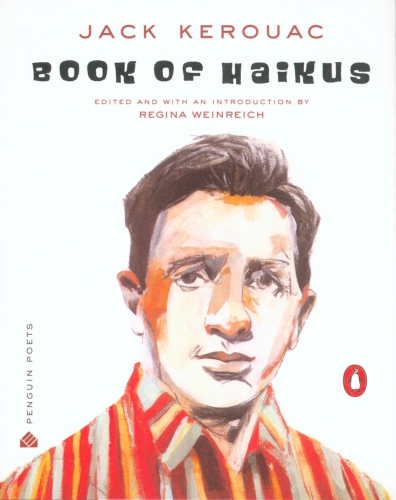
Faustian and Magian Civilizations
Besides the Fellaheen, Semmelweis pulls out another point from Spengler. Kerouac was prophetic about the 21st century. Semmelweis explains:
He saw the distinction in Spenglerian terms, which classifies Western European civilization as “Faustian,” and Near-Eastern civilization as “Magian.”
It’s remarkable that he saw that 21st century culture and spirituality would not be “American,”
which in this context means Western European and Faustian, but would be “Magian,” of the East, and of a type which rather than promoting the heroism and individualism of Faustian man, promotes the dissolution of the individual ego into the greater collective Spirit.
That is why the spirituality of the East involves the dissolution of the Person in the unconditioned state, while Western spirituality, like in Catholicism, there is always the two in one. That so many Westerners are preferring Eastern spirituality is just a regrettable sign of the times.
Dionysus vs Dionysius
I believe in order, tenderness, and piety.
Kerouac confessed this to Buckley:
[the counterculture is] apparently some kind of Dionysian movement in late civilization, and which I did not intend, any more than I suppose Dionysus did … although I’m not Dionysius the Areopagite. I should have been.
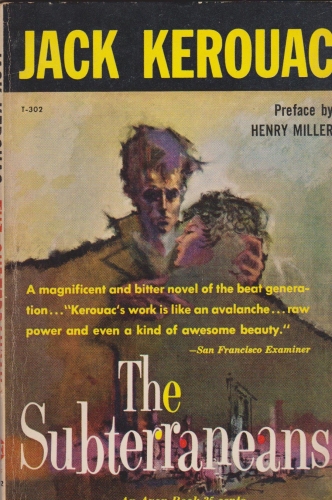
Semmelweis expands on that distinction:
The point [is] that Kerouac’s sensibilities and values are religious like Dionysius the Areopagite, not chaotic and destructive like the god Dionysus.
Since the two names differ by only one iota, it shows how close the two temptations are. At birth, we are assigned a good angel and a bad angel. Hence, life is a perpetual spiritual warfare; that is not an option and you cannot be a draft dodger.
Errata
The beatnik on the TV Show, The Many Loves of Dobie Gillis, was named Maynard G. Krebs.



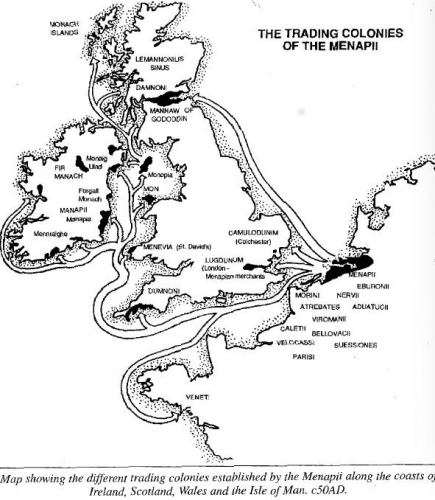
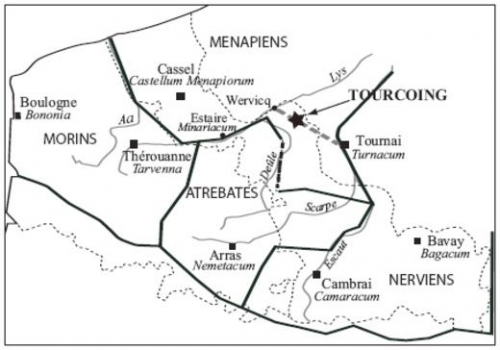
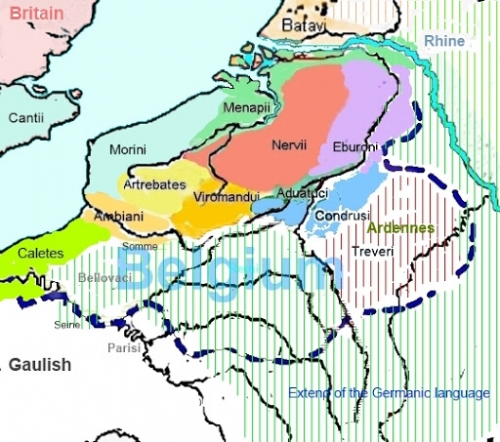

 del.icio.us
del.icio.us
 Digg
Digg